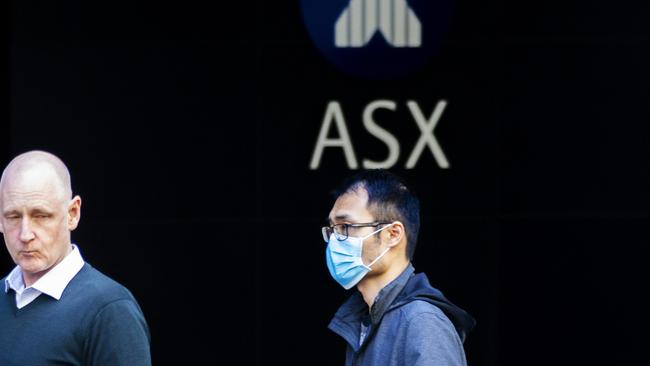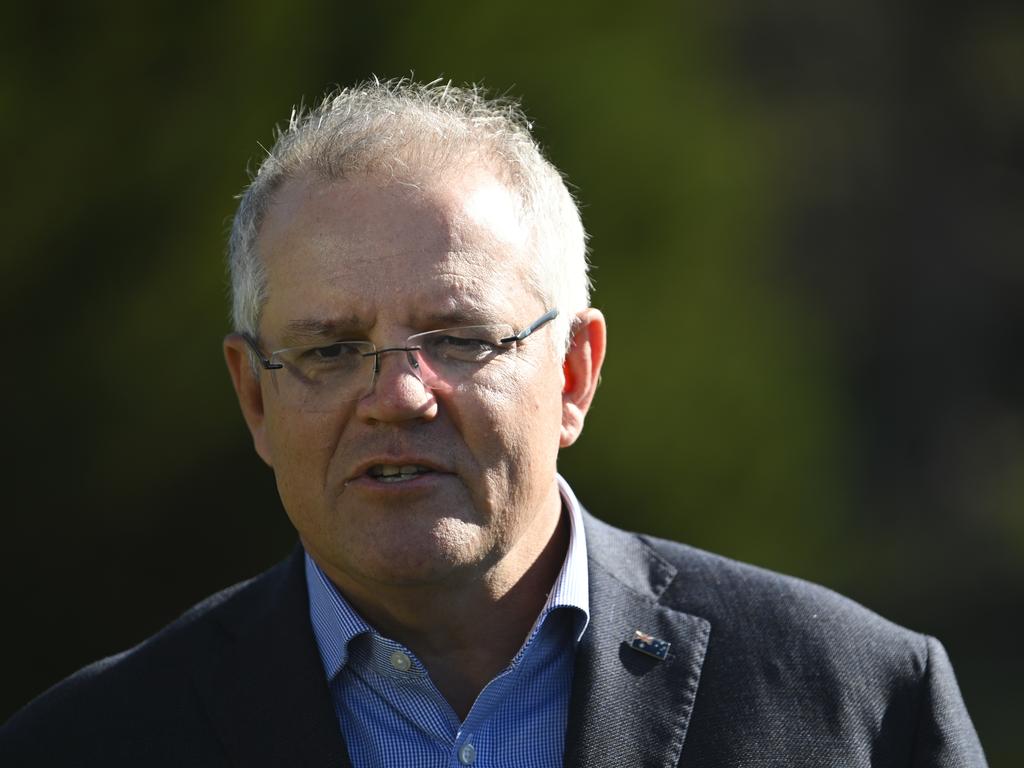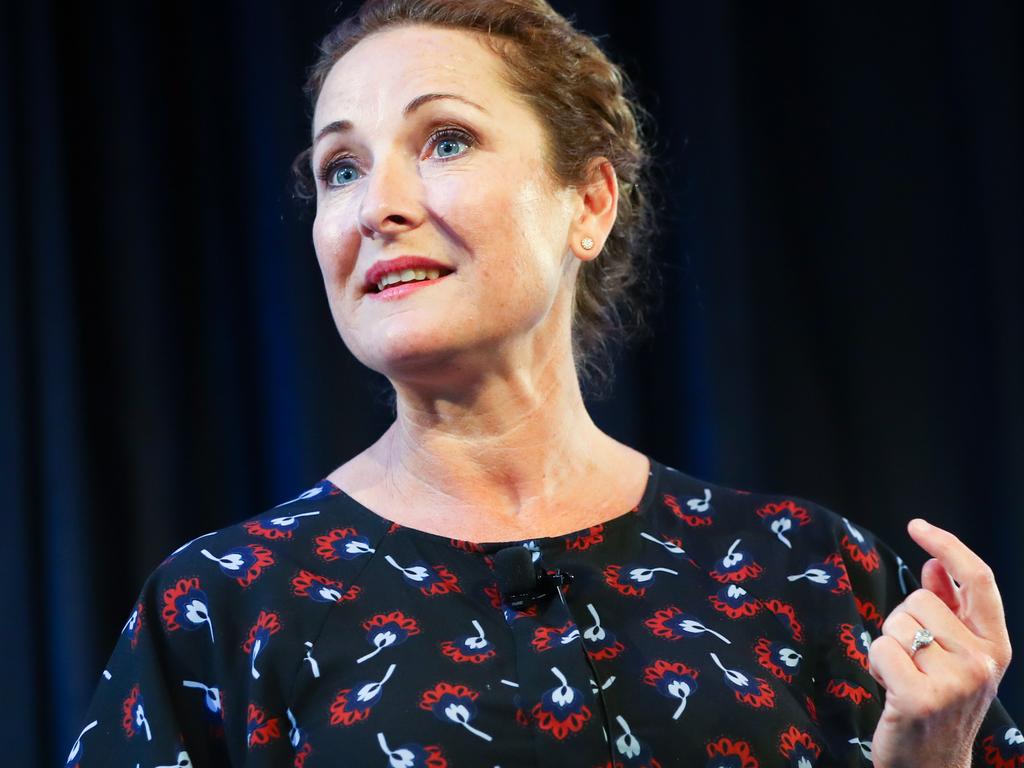Five lasting economic legacies of the coronavirus pandemic
AMP’s Shane Oliver has identified what he thinks will be some of the key economic legacies of the coronavirus pandemic.

AMP Capital’s head of investment strategy and chief economist, Shane Oliver, has come up with a list of medium-to-longer-term implications from the coronavirus pandemic.
These implications include: lower interest rates for even longer, a further blow to globalisation, another leg-up in the US-China “cold war”, bigger government and public debt, higher inflation with money printing, reinforced consumer and investor caution, the faster take-up of technology, lasting damage to airlines, another “test” for the Eurozone, and lower immigration.
He says several of these longer-term implications will constrain economic growth and hence potential investor returns – notably the reversal of globalisation, bigger government, consumer caution and lower immigration - but the faster embrace of technology will work in the other direction to boost productivity and lower-for-longer-interest rates are positive for growth assets.
But Oliver cautions against being too pessimistic. “Finally, a word of caution - anyone who got too negative for the long term in the last really major pandemic of 1918-19 might have missed out entirely on the ‘Roaring Twenties’,” he says.
Here, in more detail, are five of what Shane Oliver sees as some of the key economic legacies of the coronavirus pandemic.
1. Lower rates for even longer
Oliver says the economy won’t be back to where it was until 2022, and that unemployment will take even longer to improve.
“This will mean low inflation or deflationary pressure for the next three years at least. Which will mean central banks will be biased towards low interest rates for several years which will keep bond yields ultra-low,” he says.
The resulting low bank rates means assets like property and infrastructure will remain relatively attractive once the initial hit passes, he says.
2. Globalisation takes a hit
There was already a backlash against globalisation in some countries before the coronavirus hit, says Oliver. Now “borders have been closed for health reasons and it is unclear when they will all reopen”.
Oliver says that while countries might simply attempt to become less reliant on China in their supply chains, this could mean reduced growth for emerging economies more generally. “Longer term it could reduce productivity if supply chains are managed on other than economic grounds and could remove a key source of disinflationary pressure from the global economy.”
3. Trade war heats up
While a Phase One agreement was signed in January, China is not living up to its commitments, says Oliver. In, the US, Trump is up for re-election but has mishandled the crisis. “This has left Trump keen to shift the blame over the virus and China is an easy target.” If Trump feels the election race is not going well, he could take further action, Oliver says. This could be negative for shares and Australia might be caught in the middle, Oliver says.
4. Bigger government, bigger debt
Government spending and size has been increasing since the GFC and the coronavirus has won state intervention a lot of new support, Oliver says.
“Particularly given that it may have enhanced perceptions of inequality with well-paid white-collar workers being able to isolate and work at home whereas lower paid workers have been stood down or have to continue working in less safe conditions.”
A bigger government sector could hit productivity, Oliver says.
5. Higher inflation
Inflation won’t be an issue in the short term but “the combination of rising public debt, money printing and more protectionism risks a longer term pick-up in inflation to say above 4 per cent”, Oliver says. Higher inflation could hurt asset values and become a serious longer-term issue.








To join the conversation, please log in. Don't have an account? Register
Join the conversation, you are commenting as Logout